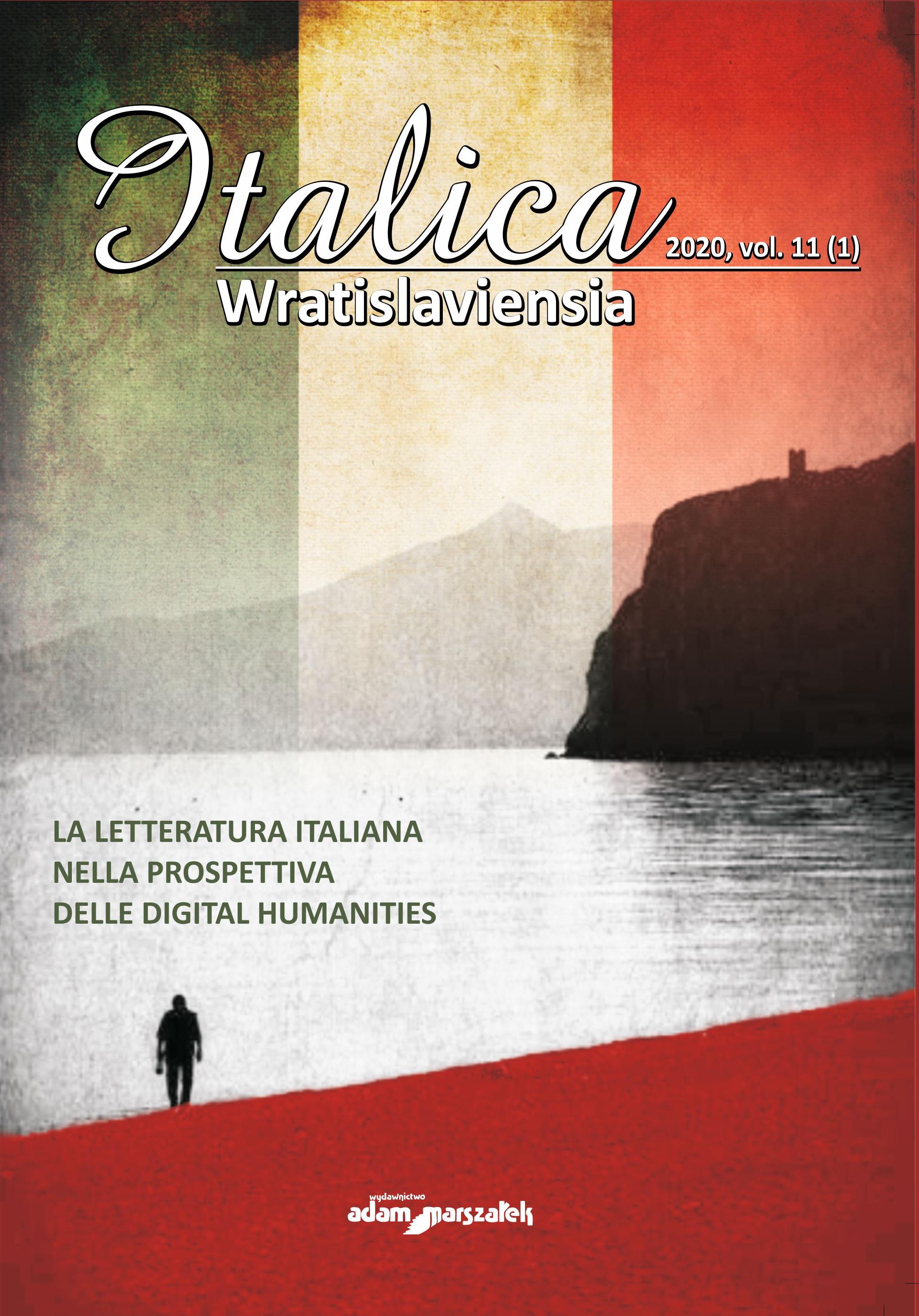Corpus di letteratura come corpus di lingua: il caso del Medioevo
Corpora of Italian Literature as Corpora of the Italian Language: The Case of the Middle Ages
Author(s): Giulio VaccaroSubject(s): Language and Literature Studies, Studies of Literature
Published by: Wydawnictwo Adam Marszałek
Keywords: Mediaeval Literature; Discourse traditions; "Corpus OVI dell’italiano antico"; Corpus Lingustic; Italian Lexicology
Summary/Abstract: The implementation of a corpus of a historically determined variety of a language posesvery relevant methodological problems. The principle one: is it possible to create a corpus actuallyrepresentative of a linguistic variety of which we do not know, nor can we know, the extension, andin which the weight of literary texts necessarily is more conspicuous than in a real language? Theanswer from the point of view of corpus linguistics is certainly negative. But numerous tools areavailable today (first of all the Corpus TLIO and the Corpus OVI dell’Italiano antico) that would seemto show the opposite.Starting from the OVI experience, some methodological reflections on the creation of corpus ofhistorical varieties of language will be proposed, showing how, although it is impossible to applycriteria of balance and representativeness stricto sensu, a series of corrections can be applied (inin particular by selecting the texts on the basis of the discursive traditions) which allow to have toolsthat effectively meet the needs of linguistic research.The implementation of a corpus of a historically determined variety of a language poses very relevant methodological problems. The principle one: is it possible to create a corpus actually representative of a linguistic variety of which we do not know, nor can we know, the extension, and in which the weight of literary texts necessarily is more conspicuous than in a real language? The answer from the point of view of "corpus" linguistics is certainly negative. But numerous tools are available today (first of all the "Corpus TLIO" and the "Corpus OVI dell’Italiano antico") that would seem to show the opposite. Starting from the OVI experience, some methodological reflections on the creation of corpus of historical varieties of language will be proposed, showing how, although it is impossible to apply criteria of balance and representativeness "stricto sensu", a series of corrections can be applied (in in particular by selecting the texts on the basis of the discursive traditions) which allow to have tools that effectively meet the needs of linguistic research.The implementation of a corpus of a historically determined variety of a language poses very relevant methodological problems. The principle one: is it possible to create a corpus actually representative of a linguistic variety of which we do not know, nor can we know, the extension, and in which the weight of literary texts necessarily is more conspicuous than in a real language? The answer from the point of view of "corpus" linguistics is certainly negative. But numerous tools are available today (first of all the "Corpus TLIO" and the "Corpus OVI dell’Italiano antico") that would seem to show the opposite. Starting from the OVI experience, some methodological reflections on the creation of corpus of historical varieties of language will be proposed, showing how, although it is impossible to apply criteria of balance and representativeness "stricto sensu", a series of corrections can be applied (in in particular by selecting the texts on the basis of the discursive traditions) which allow to have tools that effectively meet the needs of linguistic research.
Journal: Italica Wratislaviensia
- Issue Year: 11/2020
- Issue No: 1
- Page Range: 143-165
- Page Count: 23
- Language: Italian

